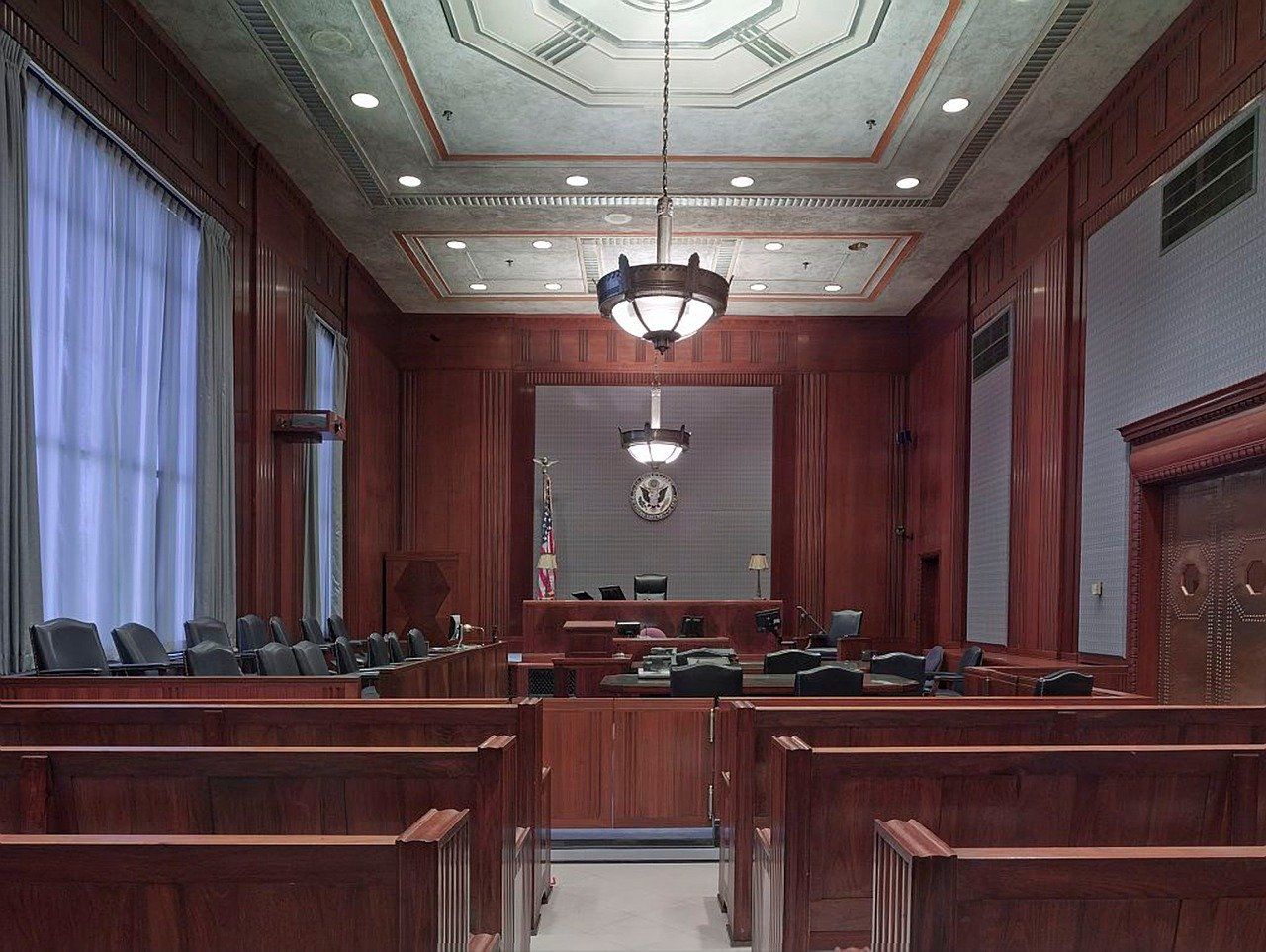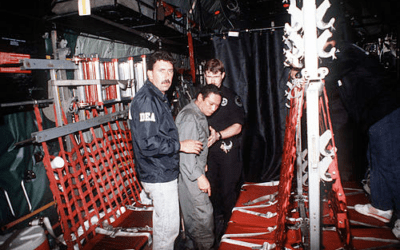episode 66
YOU CAN’T HANDLE THE TRUTH!

What Police Officers Need To Know About Going to Court, and How Police and Prosecutors Can Restore Public Trust
Chief Criminal Deputy County Attorney Jonathan Mosher (Pima County, Arizona) and Homicide Detective Josh Cheek share their lessons learned from taking serious violent offenders to trial and how police officers can be better witnesses. We also discuss the importance of establishing and retaining public trust by the way we investigate and prosecute crimes. Other Tangents include some commentary on the War on Drugs, the CSI effect, and considerations for arrest and charging decisions for law enforcement.
Mentioned in this Episode:
Win Your Case, by Gerry Spence
“The Lelevier Case:” Man murders his step-daughter
Tucson Police Officer shot in the head
Like what we’re doing? Head over to Patreon and give us a buck for each new episode. You can also make a one-time contribution at GoFundMe.
CLICK BELOW TO SUBSCRIBE NOW ON YOUR FAVORITE PLAYER
THANK YOU TO OUR SPONSORS! PLEASE GO CHECK THEM OUT
Recent Episodes
When the US invaded Panama: Operation JUST CAUSE and the War on Drugs
On this episode, we revisit the operation’s planning and execution: Army Rangers seizing airfields under fire, Navy SEALs targeting escape craft, the rescue of Kurt Muse by Little Birds, and the debut of the F-117 stealth fighter.
So You Wanna Be an Air Force Pilot (…or Not?)
Choosing to serve is one of the biggest decisions you can make, and the Air Force offers unique opportunities—and challenges. In this episode, we go beyond the recruiting pitch to discuss commissioning sources, career tracks, and the differences between officer, enlisted, active duty, Guard, and Reserve service













0 Comments